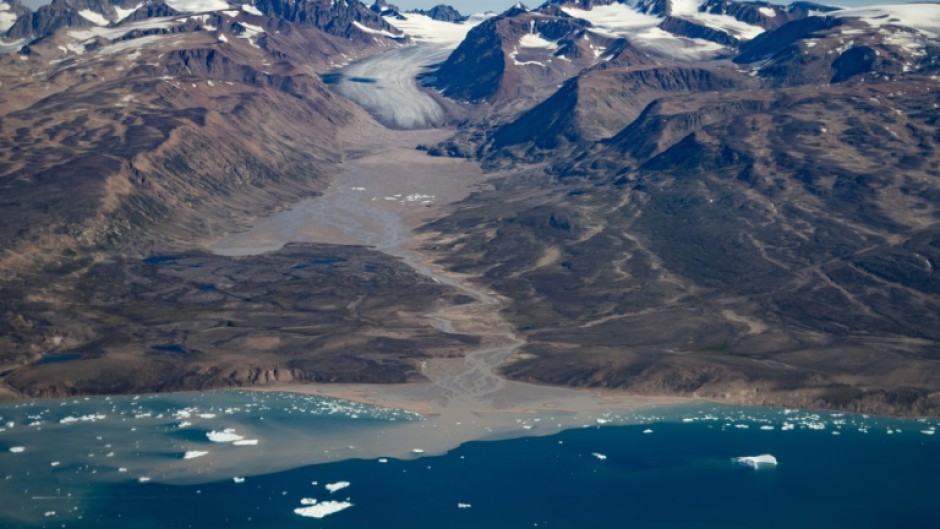WASHINGTON - The Arctic saw its warmest ever summer in 2023, the result of accelerating human-caused climate change that is pushing ecosystems and the people that depend on them into uncharted territory, according to an official report Tuesday.
Average summer surface air temperature from the months of July-September was 43 degrees Fahrenheit (6.4 Celsius), the highest since records began in 1900.
The Arctic is warming roughly four times faster than the rest of the planet, primarily as a result of a vicious cycle of sea ice loss in a phenomenon called Arctic Amplification.
"The overriding message from this year's report card is that the time for action is now," National Oceanic and Atmospheric Administration administrator Rick Spinrad said in a statement.
"We as a nation and global community must dramatically reduce greenhouse gas emissions that are driving these changes."
Average summer temperatures have been rising 0.17 C per decade.
Overall, it was the Arctic's sixth warmest year, at -7 C.
Now in its 18th year, the NOAA Arctic Report Card is the work of 82 authors across 13 countries.
Observations from this year's report emphasize an ongoing trend line of warming sea and air temperatures, decreasing snow cover, diminishing sea ice, and continued melting of the Greenland Ice Sheet.

